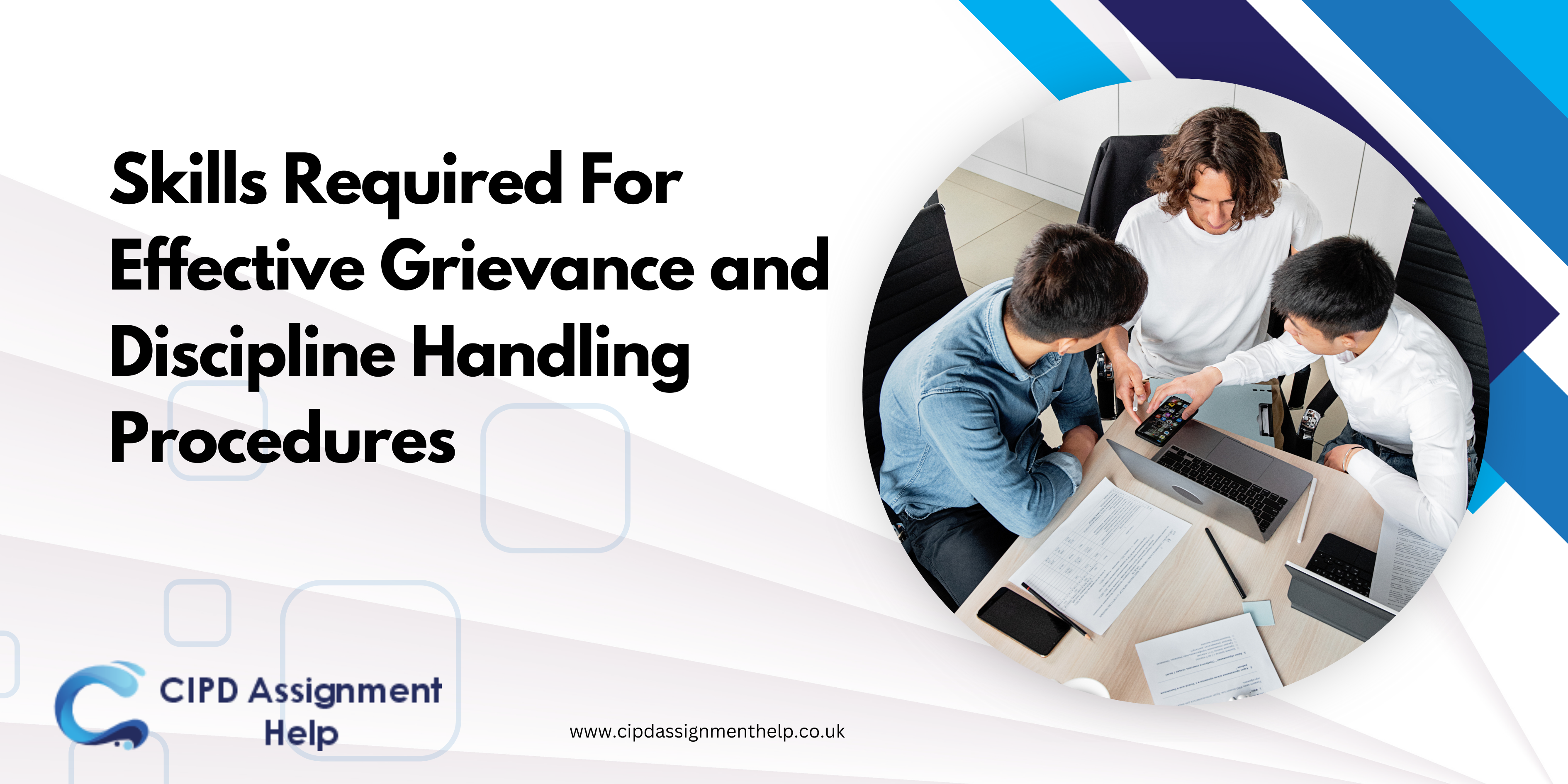Every organisation is prone to various types of conflicts, which may entail grievances and discipline issues, and therefore, leaders and managers should possess the skills required to handle them effectively. Managers should have active listening and communication skills, which will enable them to clearly articulate the issues and understand different perspectives to build trust and an environment that is safe for the employees to express themselves. They should be able to conduct fair and impartial investigations to make informed, evidence-based decisions. Also, managers should have mediation and resolution skills to steer discussions towards respectfully providing solutions. These skills are vital for every leader because effective grievance and discipline handling procedures enable organisations to create a work environment that is fair, transparent and productive, leading to increased employee trust and morale.
Some of the most crucial skills for discipline and grievances are active listening and communication. The managers handling the procedures must ensure that they have a clear articulation of the issue at hand. They must ensure that they give full attention to the employees through active listening, which also entails understanding emotions and perspectives and empathy, which is essential for building trust (Morgan, 2025). When dealing with grievances, managers should ensure that employees feel comfortable raising their concerns without fear of being judged. Also, in dealing with discipline procedures, close attention should be paid to employees’ perspectives.
Another required skill is conducting a fair and impartial investigation to gather all relevant facts and evidence before deciding. The investigation is a critical step in handling grievance and discipline procedures effectively, and it needs to be conducted in a transparent and fair manner to resolve issues. Evidence should be gathered neutrally, and confidentiality should be emphasised when interviewing aggrieved employees and witnesses (YÜZBAŞIOĞLU, 2022). Also, all information collected should be thoroughly analysed and used as a guide to make informed decisions in a process in which managers should maintain objectivity. Handling investigations fairly and impartially helps build trust and mitigates the risk of unfair dismissal, which can lead to legal implications.
Managers should have mediation and resolution skills when handling grievances and discipline effectively. These skills enable conflict resolution peacefully because they help create a conducive environment for open and respectful dialogue between the involved parties. The managers should be able to facilitate discussions that transition from identifying blame to seeking solutions, and they should emphasise brainstorming for remedies by focusing on shared interests and goals (Naagar and Pooja, 2021). By resolving ineffective discipline, the managers should show professionalism, respect and courtesy. By having these skills, they can steer the dialogue towards an agreeable resolution.
Grievance and dispute-handling procedures require the leaders and managers in charge to have various skills in active listening and communication, investigations, mediation and resolution for the procedures to be effective. Active listening and communication facilitate a safe environment where employees can express themselves with trust that solutions will be impartial and discreet. When the procedures involve fair and impartial investigation, they lead to objectivity, increasing confidence and morale. Also, mediation and resolution skills are essential for effective grievance and discipline handling procedures because they lead to agreeable resolution.



